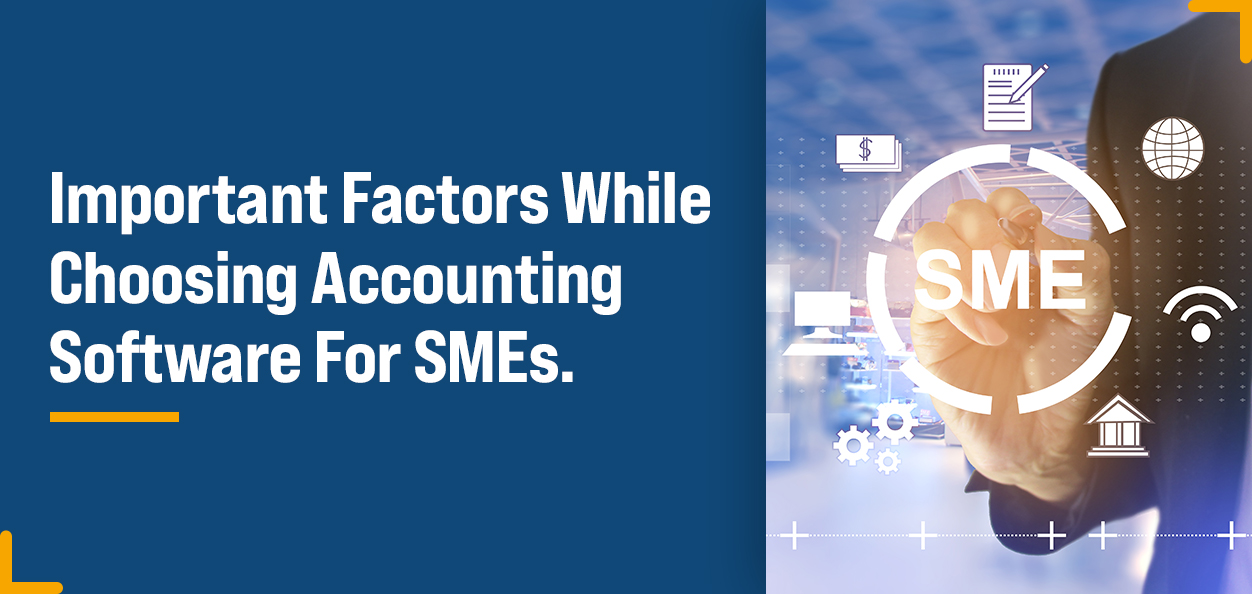
Making the appropriate choice for accounting software can significantly affect how efficiently and accurately financial procedures are carried out in small and medium-sized enterprises (SMEs). Don’t just purchase the first accounting program you see with a known name. Look over this list of preliminary factors. Small and medium-sized firms should take the following twelve factors into account while looking for accounting software.
Guarantee that the product can oblige your business’ development over the long run. It ought to have the option to deal with expanded exchange volumes, clients, and information without causing execution issues.
Even non-accounting professionals should be able to easily navigate the software’s user interface. Easy-to-use programming decreases the expectation to learn and adapt and increments generally speaking efficiency.
Consider the particular highlights your business needs, for example, invoicing, cost following, finance, stock administration, bank compromise, monetary detailing, and expense estimations
Cloud-based accounting programming offers the potential gain of remote access, customized updates, and data support.
Integration capabilities
Guarantee that the accounting software can coordinate with other business devices you use, like CRM, online business stages, and installment passages. Accuracy is improved and manual data entry is decreased through seamless connection.
Search for programming that utilizes encryption, standard information reinforcements, and other safety efforts to protect your data.
Consider both the upfront cost and ongoing subscription or licensing fees. To choose a pricing option that meets your budget, compare various pricing options. Include future costs for upgrades, add-ons, and customer support as well.
Robust customer support, including training resources, documentation, and responsive assistance, can be crucial, especially if you or your team are new to accounting software.
The software should allow some level of customization to adapt to your business’s unique processes and reporting requirements.
If you have multiple users, ensure the software offers role-based access control to limit access to sensitive financial data based on job roles.
In today’s business environment, having mobile access to your accounting software can be highly beneficial. Verify whether the software has a responsive online interface or a mobile app.
Verify that the software can generate the necessary financial reports and support compliance with tax regulations and other legal requirements relevant to your industry and location.
Research client surveys, tributes, and proposals from organizations like yours to get experiences with the product’s certifiable presentation and reasonableness.
Choose a reputable vendor with a history of providing reliable software and ongoing updates.
Whenever the situation allows, exploit free preliminaries or demo variants to evaluate whether the product addresses your issues prior to committing a responsibility.